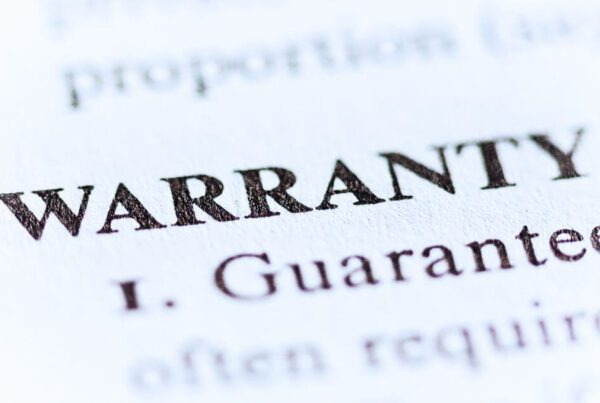By: Ryan Sawal
Have you ever entered an agreement for the purchase of a motor vehicle, but been unable to pay the full amount for the down payment right then and there? Occasionally the dealer may offer you a deal where you can pay a portion of the down payment then, and pay the remaining balance within a month. If you enter such an agreement, you have become a party to a “title loan agreement.” Many times, these agreements are completed successfully, with both the title loan lender and borrower benefitting in the end, but unfortunately this is not always the case, at times title loan agreements have been used as part of predatory tactics by dealers. Have you been the victim of predatory title loan agreements? If so, you are one of the several Florida residents who may have recourse under the Florida Statutes, chapter 537 (also known as the “Florida Title Loan Act” or the “Act”).[1]
Under the Florida Title Loan Act a “title loan agreement” is defined as a “written agreement in which a title loan lender agrees to make a title loan to a borrower.”[2] A “title loan” is defined in the same section as “a loan of money to a consumer secured by bailment of a certificate of title to a motor vehicle” with some limited exceptions.[3] A title loan agreement is explained by the Florida Attorney General’s Office to be “a way to borrow money against your motor vehicle; [t]he duration of these loans is 30 days after the date of the title loan agreement, but it may be extended for one or more 30-day periods by mutual consent. In a title loan transaction, you keep your motor vehicle and drive it, while the lender keeps the title to your motor vehicle as security for repayment of the loan.[4]
—
In the event that a borrower does not make a timely payment toward the title loan agreement, the title loan lender may attempt to repossess the titled personal property, but this process is regulated under the Act. The Act sets forth: (1) how long a lender must wait before attempting to repossess the titled personal property (2) who may repossess the titled personal property, and (3) what notice the borrower is entitled to before the titled personal property is repossessed,
- How Long Must a Lender Wait Before Attempting to Repossess
The Act allows a borrower a minimum of 30 days to pay off the loan, starting from the loan’s maturity date or any extension of such date.[5] This is a statutorily required minimum, therefore if your property was repossessed within 30 days of the maturity of your title loan agreement, you may have a claim under the Act.
- Who May Repossess the Titled Personal Property?
Pursuant to the Act, a lender may take possession of the titled personal property, “only through an agent who is licensed by the state to repossess motor vehicles.”[6] If your titled personal property was taken by an employee or agent of the lender not licensed to do so, you may also have a claim under the Act.
- What Notice is a Borrower Entitled to Before Repossession?
Finally, the Act requires that before a lender repossesses the titled personal property, “the lender shall afford the debtor an opportunity to make the titled personal property available to the lender at a place, date and time reasonably convenient to the lender and the borrower.”[7] What this essentially means is that you are entitled to notice and an opportunity to cure. A lender cannot simply just take your titled personal property because you defaulted on your payment without giving you the ability to return the property amicably.
Additionally, the only property the lender is entitled to repossess under the Act is the titled personal property itself. The Act requires that “the lender . . . afford the borrower a reasonable opportunity to remove from the titled personal property any personal belongings without charge or additional cost to the borrower.”[8]
—
Under the Florida Title Loan Act, “any person who willfully violates any provision of [that]. . . commits a misdemeanor of the first degree, punishable as provided in s. 775.082 or s 775.083.” §537.015, Fla. Stat.
If you believe that you have been the victim of predatory title loan agreements, contact the office of Ayala Law P.A. at (305) 570-2208 or attorney Eduardo A. Maura at eduardo@ayalalawpa.com.
[1] § 537.001, et seq.
[2] § 537.003(13) Fla. Stat.
[3] § 537.003(12), Fla. Stat.
[4] 1 See https://myfloridalegal.com/pages.nsf/Main/76D0D43D99E8986285256CC9005FB7F0?OpenDocument
[5] § 537.012(1), Fla. Stat.
[6] Id.
[7] § 537.012(2), Fla. Stat.
[8] Id.







